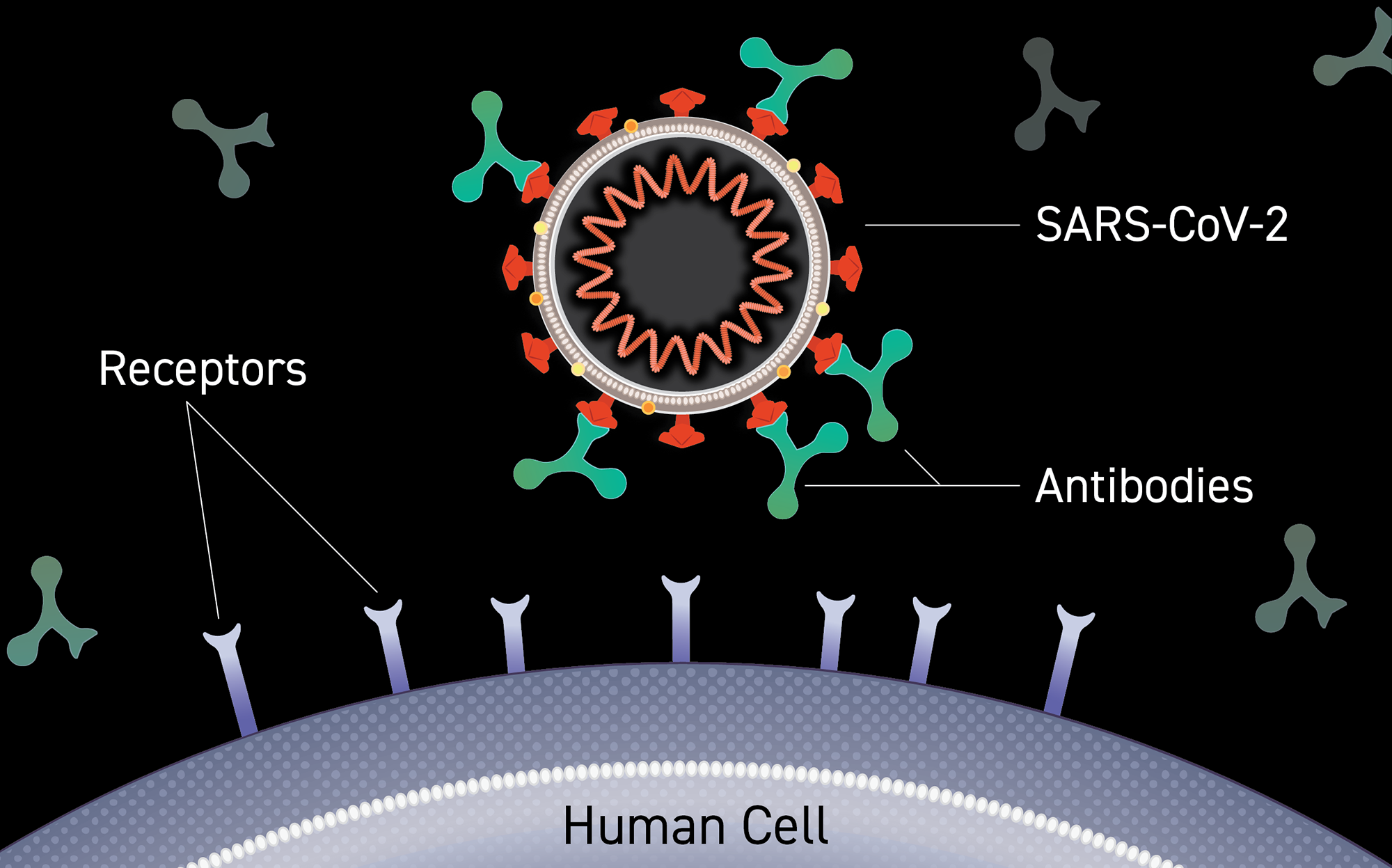
New research reveals vaccines taken in the afternoon are better for you. After all, they lead to generating more antibodies than those taken in the morning. Research shows that vaccine response and the circadian rhythm have intricate connections. Here’s all you need to know.
Interesting connection: Antibodies and our internal clock

This was an observational study to see how vaccination time and antibody production are connected. According to the study, healthcare workers who got the COVID-19 vaccine in the afternoon had higher levels of antibodies when compared to those vaccinated in the morning. Evaluating antibody levels was possible among 2,190 healthcare workers in the United Kingdom. Researchers observed the blood samples collected from asymptomatic workers during vaccination. The study, published in the Journal of Biological Rhythms. As per the researchers, the findings are proof of concept.
According to the study, the response to the COVID-19 vaccine and our body’s internal clock is connected. This is because our circadian clock is responsible for regulating several aspects of physiology. This also includes how we respond to vaccination and infectious diseases. Additionally, the symptoms of some diseases and the action of medication also vary according to the time of day.
More on the groundbreaking research

Scientists created a model for investigating the effect of antibody levels based on the vaccine type, vaccination time, sex, age, number of days after vaccination, etc. Their results revealed a higher response of antibodies in general for people vaccinated later in the day. Additionally, a higher antibody response was seen for the Pfizer vaccine, in younger people and women.
The Massachusetts General Hospital also cited an example of lung disease patients, cementing the results. The hospital’s media release on the research revealed that people with severe symptoms and altered respiratory functions saw a reduction at certain times of the day.





